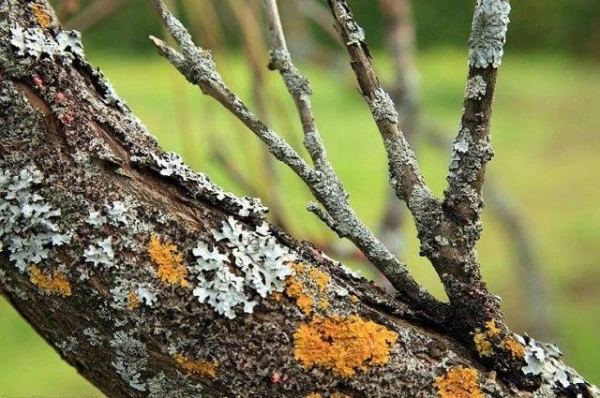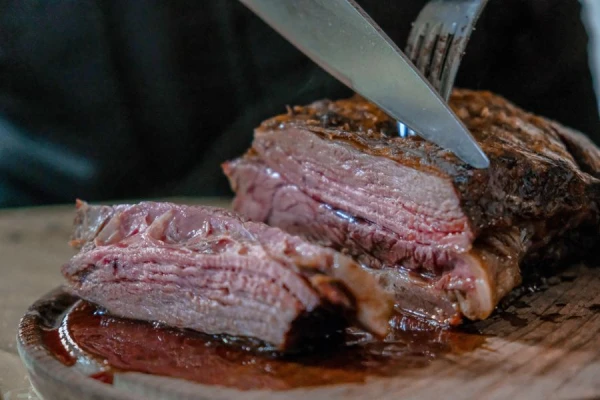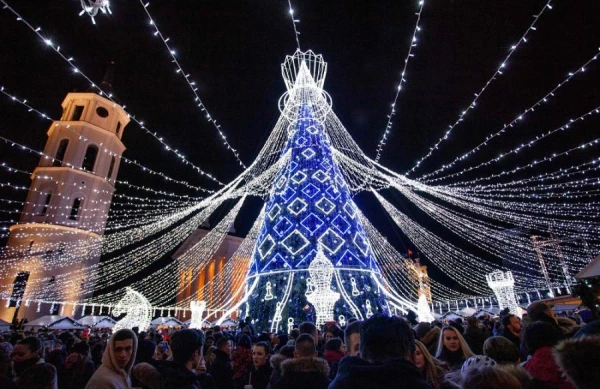
On November 24, Orthodox Christians commemorate St. Theodore the Studite, who was born in the 8th century. In the folk calendar, he is known as Fedor Moroz, Fedor the Studite. In ancient times, people observed nature at this time and predicted the future.
On November 24, Orthodox churches honor the memory of St. Theodore the Studite – a Byzantine monk who lived in the 8th-9th centuries. The son of a wealthy official, he received an excellent education but did not aspire to career heights. Having a family, he decided to enter a monastery where his uncle held the position of abbot. His wife Anna also embraced monasticism.
Fedor, who later became the abbot of this monastery, entered the history of Orthodoxy as an ascetic and preacher of Christianity, as well as a defender of holy relics from iconoclasts. In the late 8th century, he moved with his disciples to the Studite Monastery, known in religious circles.
The abbot developed a strict rule for the monastery, requiring the monks to engage in constant labor and adhere to the rules of communal living. This rule became the foundation for all Russian monasteries.
Fedor the Studite, Fedor Moroz: the folk calendar
In Russia, the name Theodore took on a new meaning – he became known as Fedor. The nickname “Studite” was supplemented with “Moroz.” Thus, the double name: Fedor the Studite and Fedor Moroz became established for centuries. “Fedor the Studite cools the earth,” our ancestors would say. Sensing the approach of cold, they lamented: “With Studite comes the chill – each day is worse.”
During this time, wise elders advised spending days at home, by the stove. The main treats during the holiday of Fedor Moroz were cabbage soup, soups with greens, and vegetables that thrifty housewives managed to preserve.
Fedor the Studite: folk signs
Peasants, who closely observed the weather, knew: if Fedor Moroz brought dampness and heavy rain, the thaw would last until the Feast of the Presentation of the Blessed Virgin Mary, celebrated on December 4.
If Fedor Moroz delighted with warmth, winter would not be so harsh. However, if the day was cold, it was worth considering how to insulate the house, otherwise winter would be difficult.
If on November 24 (November 11 in the old style) many stars shone in the sky, people rejoiced, understanding that the next year would be sweet, smooth, and happy. And in the forest, one could gather mushrooms and berries by the bucket.
Fedor Moroz: what not to do
Our ancestors knew that Fedor the Studite was a special and even dangerous day. During this time, it was better to stay at home. Elders warned inexperienced youth that Fedor Moroz does not tolerate disorder. Those who leave unwashed dishes and dirt in the house may fall ill. On Fedor the Studite, it is forbidden to:
play with fire – it leads to a fire;
indulge in idleness and laziness – it leads to financial losses;
give towels as gifts – it leads to illness.
On Fedor the Studite, it is not allowed to have fun in someone else's house. Ancestors believed that one could leave all joy there. Swearing was also prohibited, as it could cost health.















Leave a comment